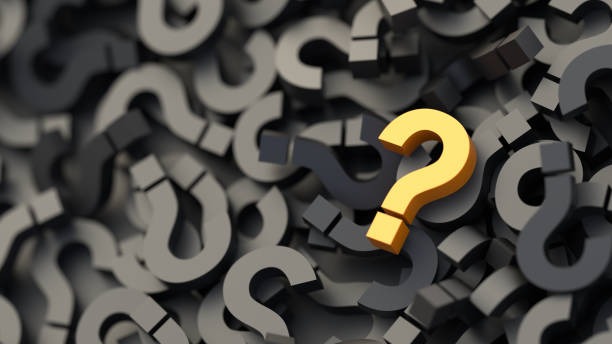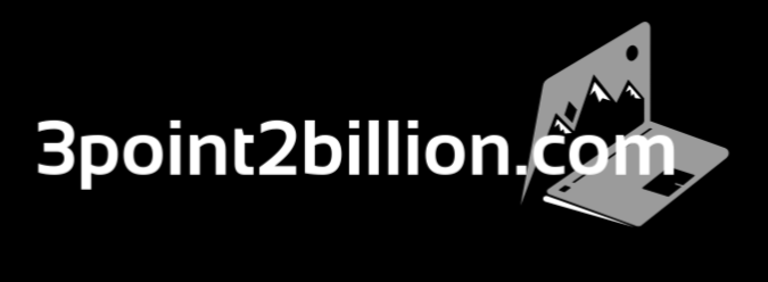The satisfactory philosophy of ignorance
Translation: we have an idea of how this works but we're not sure it's correct, so we'll stick with this explanation until we come up with a better one.
6/3/20243 min read


How are we doing so far? I'm enjoying writing so I hope you're enjoying reading. At this point I'd like to talk a bit about what science actually is (and what it isn't).
The title of this post is a quote from physicist Richard Feynman. He also said, "I'm smart enough to know that I'm dumb'. A lot of scientists have big egos, but Feynman wasn't one of them. He appreciated that despite all the hard work and knowledge acquisition that goes into getting a job as a scientist in the first place, in many ways that's just the start of the journey.
Science is about generating knowledge. We might have an idea about how something works (also known as an hypothesis). We'll design an experiment to test that hypothesis and the results might show us that our hypothesis was correct, incorrect, or something in between. Often we present our results alongside some form of statistical analysis which could be a value that represents the probability (p) that we could get these results simply by chance. If that probability is low enough (typically less than 0.5%) it might be enough to convince other people that the results are sufficient to broaden or refine existing knowledge on the particular subject in question.
At this point I was going to write a bit about the processes of writing articles for publication in scientific journals and peer review, but I feared this would be really boring, so I won't.
So science (and the scientific method) is a way of figuring out something that contributes to our knowledge of the universe, and if you're me it contributes to our knowledge of human disease and hopefully leads to new ways to diagnosis and treatment it. Part of the reason that I became a scientist, and continue to do science, is that there is no other feeling in the world like the feeling you get when you have figured something out, and in that moment you might be the only person in the world who knows this new thing. That's why I love doing research.
The knowledge that science generates is essentially a snapshot in time. It is the best explanation of how things work that we have available until the next best explanation comes along. But it's also more nuanced than that because not all scientists will agree on the best explanation. In fact, when most (if not all) scientists in a particular field agree on something (like the causes of climate change or the effectiveness of vaccines) you should probably listen to them.
Also, the answer to one question often generates lots of other questions. The human genome project (HGP) is a good example of this. Finding out the order (sequence) of all 3.2 billion base-pairs in the human genome was an incredible achievement. Sequencing the first human genome took about 10 years but thanks to developments in technology we can now sequence a human genome in a matter of days. Despite this we still don't really know what all of it does. For many years after the completion of the HGP, many scientists thought that most of it was 'junk' - random bits of DNA that had accumulated over the course of evolution and without any particular function. Thanks to projects like ENCODE (Encyclopaedia of DNA elements) we now know different. But the quest to understand the human genome will continue for many years to come, keeping many scientists all over the world busy.
I will finish with a quote from my PhD supervisor. When I started my PhD I had just moved to a new country with a language I barely spoke and I had a lot to get used to. One day I went into his office looking a bit frazzled and after a bit of discussion he said something like 'if you're not having fun then there's really no point in doing all this'. I'm not sure how I felt at the time but looking back I really appreciate it. Science is hard, it's frustrating, and it takes grit and determination to keep going despite all the challenges. But at the end of the day it's also fun! I feel privileged to be in a position where I get paid to do science and to have have a job that is fun but also has the potential to help some people.
